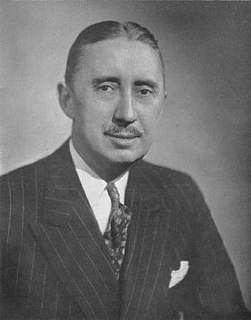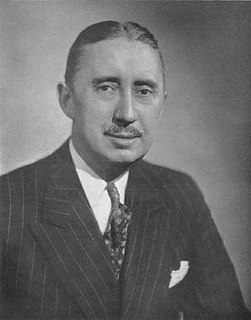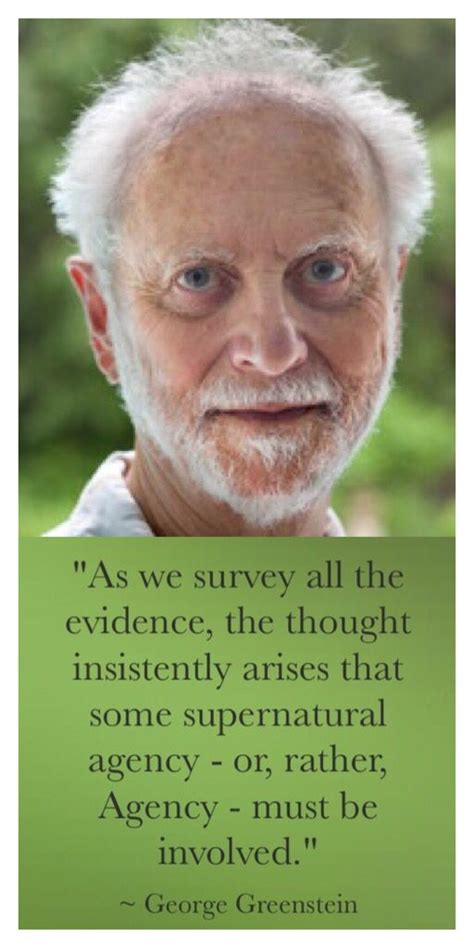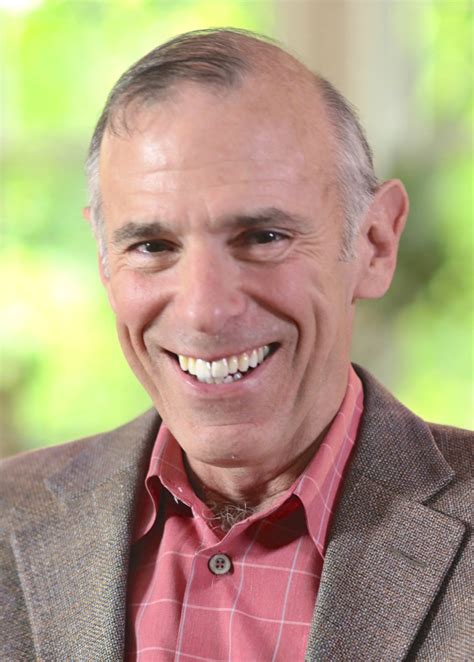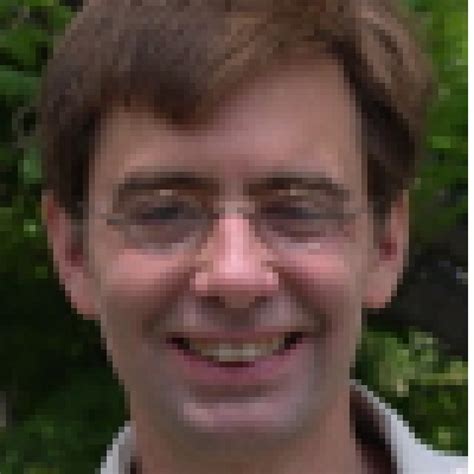A Quote by Huston Smith
In mysteries what we know, and our realization of what we do not know, proceed together; the larger the island of knowledge, the longer the shoreline of wonder. It is like the quantum world, where the more we understand its formalism, the stranger that world becomes.
Related Quotes
Faced with the immensity of the universe, Job realized that there are limits to man's rationalizing, that we cannot find where the cloud of sorrow starts, that all our boasted knowledge is but an island in the vast ocean of mystery, and as the island of knowledge grows larger, the shore line of mystery becomes longer. At the end of his wits, he surrendered in trust to a Higher Wisdom.
Under the discipline of unity, knowledge and morality come together. No longer can we have that paltry 'objective' knowledge so prized by the academic specialists. To know anything at all becomes a moral predicament. Aware that there is no such thing as a specialized effect, one becomes responsible for judgments as well as facts. Aware that as an agricultural scientist he had 'one great subject,' Sir Albert Howard could no longer ask, What can I do with what I know? without at the same time asking, How can I be responsible for what I know?
I know this world is far from perfect. I am not the type to mistake a streetlight for the moon. I know our wounds are deep as the Atlantic. But every ocean has a shoreline and every shoreline has a tide that is constantly returning to wake the songbirds in our hands, to wake the music in our bones, to place one fearless kiss on the mouth of that new born river that has to run through the center of our hearts to find its way home.
This book is unique. I know of no other which so artfully tackles two of the greatest mysteries of modern science, quantum mechanics, and consciousness. It has long been suspected that these mysteries are somehow related: the authors’ treatment of this thorny and controversial issue is honest, wide-ranging, and immensely readable. The book contains some of the clearest expositions I have ever seen of the strange and paradoxical nature of the quantum world. Quantum Enigma is a pleasure to read, and I am sure it is destined to become a classic.
As Indigenous peoples, we know there is more to the world. We know spirits exist. We know as women, because we're especially attuned to this kind of knowledge, that spirits exist and have a presence in our lives. Some of us are gifted and can communicate with the spirit world. Not everyone has that gift and can perceive the borders between the living and the dead and our society actively discourages us of exploring the knowledge of what many of us have already always known in our cultures.
There's so many mysteries related to how flies are able to make their way through the world. I'd certainly like to know a lot more about how their brain works. I'd certainly like to know a lot more about just how they're put together. I mean, these animals are basically, topologically, spheres. They don't have bones as we do, of course.
We could tell them [alien civilization] things that we have discovered in the realm of mathematical physics, but there is stuff that I would like to know. There are some famous problems like how to bring gravitation and quantum physics together, the long-sought-after theory of quantum gravity. But it may be hard to understand the answer that comes back.

